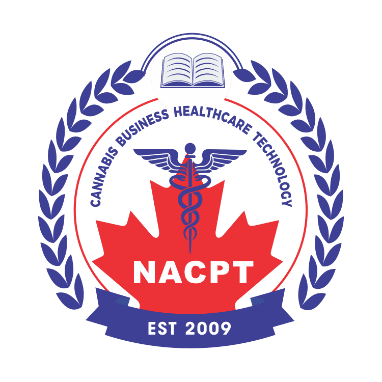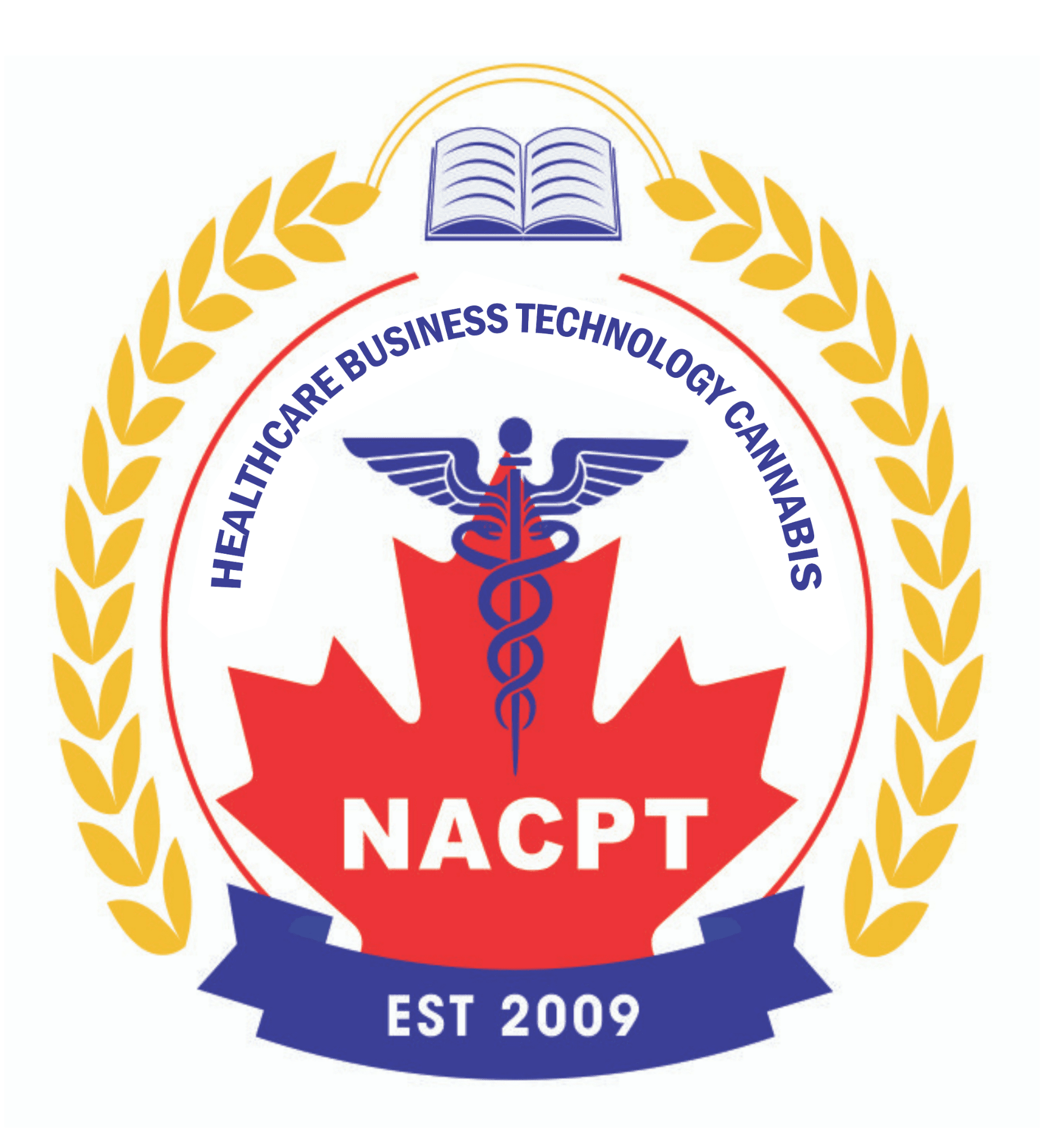- Home
- About Us
- Diploma Programs
- Certificates
- Cannabis
- Healthcare
- Pharmaceutical
- Corporate Training
- CannSell Expert Certification
- Information Technology
- ESL Program
- Psychedelics
- Food Handler Certification
- Apply
- Student Services
- Events
- Blogs
- R&D
There are following variants of HPLC, depending upon the phase system (stationary) in the process:
This method separates analytes on the basis of polarity. NP-HPLC uses polar stationary phase and non-polar mobile phase. Therefore, the stationary phase is usually silica and typical mobile phases are hexane, methylene chloride, chloroform, diethyl ether, and mixtures of these.
Polar samples are thus retained on the polar surface of the column packing longer than less polar materials.
The stationary phase is nonpolar (hydrophobic) in nature, while the mobile phase is a polar liquid, such as mixtures of water and methanol or acetonitrile. It works on the principle of hydrophobic interactions hence the more nonpolar the material is, the longer it will be retained.
The column is filled with material having precisely controlled pore sizes, and the particles are separated according to its their molecular size. Larger molecules are rapidly washed through the column; smaller molecules penetrate inside the porous of the packing particles and elute later.
The stationary phase has an ionically charged surface of opposite charge to the sample ions. This technique is used almost exclusively with ionic or ionizable samples.
The stronger the charge on the sample, the stronger it will be attracted to the ionic surface and thus, the longer it will take to elute. The mobile phase is an aqueous buffer, where both pH and ionic strength are used to control elution time.
NACPT is a leading career college in Canada that provides in-depth skill training in pharmaceutical, cannabis, business, technology and related fields to maximize the job and business opportunities within the target industries. NACPT has offered specialized Certificate, Graduate and Postgraduate diploma programs in the pharmaceutical and cannabis industries for over ten years. We also offer various cannabis skills training and business incubation programs in the related industries. As a college with affiliations of highly reputable organizations, NACPT provides analytical testing, consulting services and research & development in the pharmaceutical, cannabis and other sectors.
For those interested in learning more about cannabis analytical testing requirements, Cannabis Quality Control and Quality Assurance, we invite you to our 1-4 days comprehensive certification training – Online Interactive Instructor-Led Webinar:

Medical Office Administration
Medical Office Administration












It really helped when you said that there are four types of high-performance liquid chromatography. I would imagine that business owners who need to produce accurate test results rapidly would look for a portable HPLC system. I guess they should look for a high-performance liquid chromatography system that can be hand-carried anywhere and be used on the spot.